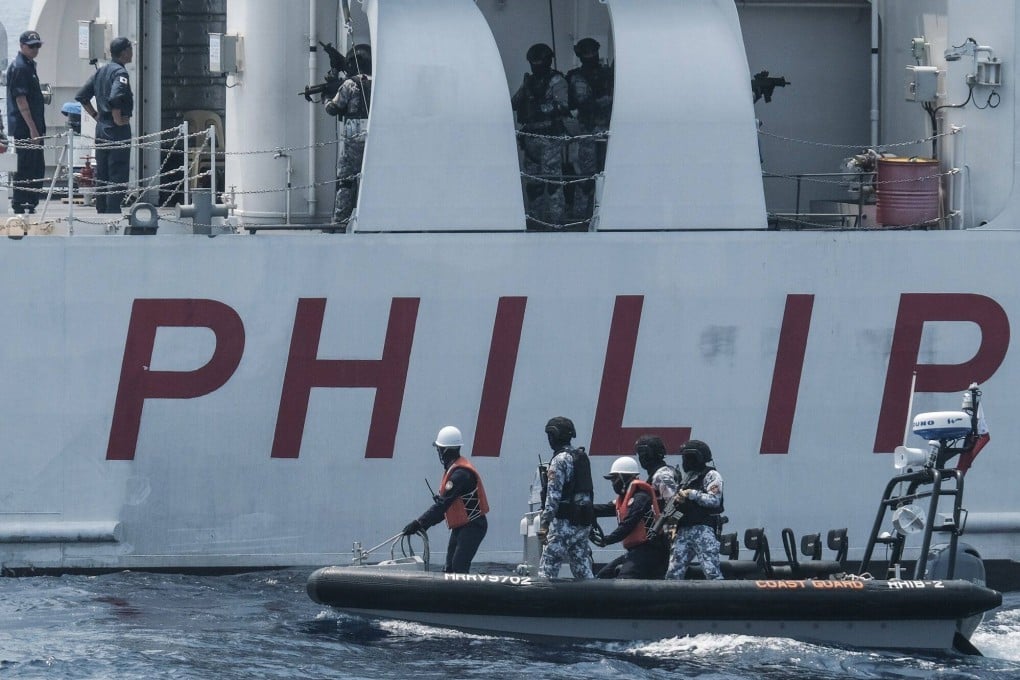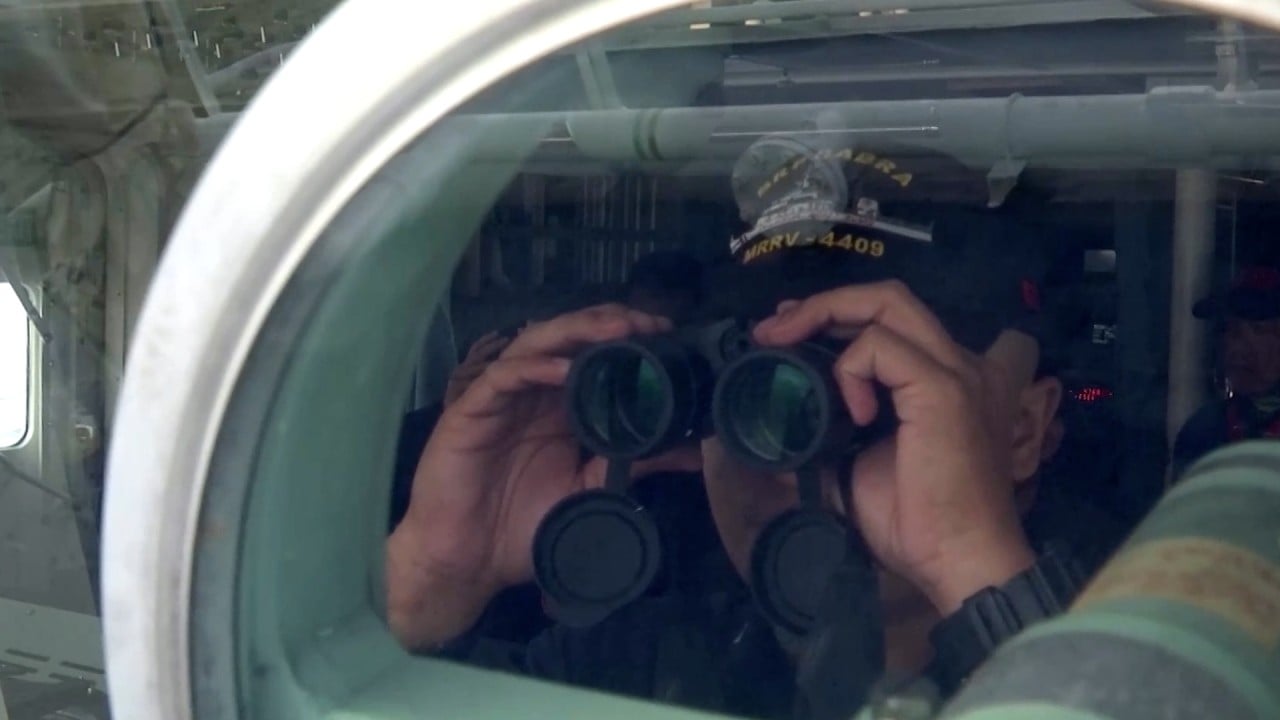Advertisement
Opinion | Coastguard drills with Philippines, Japan the latest sign of US-driven security cooperation
- The South China Sea exercises presage the renaissance of the US-led Asia-Pacific alliance system, this time featuring not only the traditional hub-and-spoke system but also spoke-to-spoke arrangements
Reading Time:3 minutes
Why you can trust SCMP
1

As defence chiefs and security experts from the Asia-Pacific and beyond gathered in Singapore for the Shangri-La Dialogue, coastguards from the Philippines, the United States and Japan held their first joint drills in the disputed South China Sea last week. The move was part of a growing web of minilateral security groupings emerging in response to shared security concerns.
In a way, they presage the renaissance of the US-led alliance system in the region, this time featuring not only the traditional hub-and-spoke system but also spoke-to-spoke arrangements. Such ad hoc clusters can serve as precursors for more institutionalised frameworks for security cooperation in the future. Plans to set up an “Asian Nato” might see such minilateral groupings as potential building blocks.
The trilateral exercises took place in waters off Mariveles, a town in Bataan province on the main island of Luzon. They featured manoeuvres, photo exercises, maritime law enforcement training, search and rescue and passing exercises.
This trilateral grouping is motivated by a variety of issues. For the Philippines, a defence capacity shortfall and huge power asymmetry with China will continue to drive interest in minilaterals like this one, as well as the Quad and Aukus. For Japan, a desire to keep the US engaged in the region and its bid to become a “normal country” and security provider will deepen its involvement in minilaterals. For the US, revitalised alliance ties are useful in its long-term strategic competition with China.
The drills are founded on the long-standing Philippine-US alliance and long-running Philippine-Japan coastguard cooperation. The US has provided security assistance to the Armed Forces of the Philippines through military education and training, joint exercises, and asset sales and transfers. Meanwhile, Japan has provided support to the civilian Philippine Coast Guard.
Tokyo extended a loan to Manila to shore up the latter’s maritime capacity, financing and delivering two new modern multirole response vessels. The two new ships commissioned last year are now the biggest in the Philippine coastguard’s fleet. Japan is also in talks to underwrite the construction of a new home port for these vessels in Subic Bay. Since the 1970s, more than 300 Filipino coastguard personnel have received training in Japan.
Advertisement
Select Voice
Choose your listening speed
Get through articles 2-3x faster
1.1x
220 WPM
Slow
Normal
Fast
1.1x

